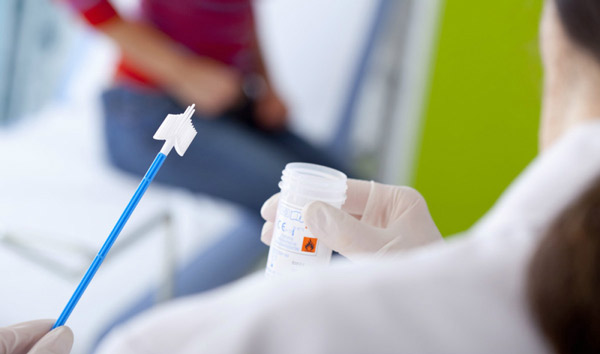
A Pap test, also known as a Pap smear, is a simple and painless screening test that can detect abnormal cells in the cervix. The cervix is the lower part of the uterus that connects to the vagina. The test is named after Dr. George Papanicolaou, who developed the test in the 1940s.
Why is a Pap test important?
A Pap test is important because it can detect abnormal cells in the cervix before they turn into cancer. Cervical cancer is the fourth most common cancer in women worldwide, but it can be prevented with regular Pap tests. In fact, the American Cancer Society estimates that regular Pap tests can prevent up to 80% of cases of cervical cancer.
Who should get a Pap test?
The American College of Obstetricians and Gynecologists recommends that women should start getting Pap tests at age 21, or within three years of becoming sexually active, whichever comes first. Women between the ages of 21 and 29 should get a Pap test every three years. The ages of 30 and 65 should get a Pap test every three years, or a combination of a Pap test and an HPV test every five years.
Women who have had a hysterectomy (removal of the uterus and cervix) for reasons other than cancer do not need to get Pap tests unless they have a history of abnormal Pap tests or cervical cancer.
How is a Pap test done?
A Pap test is done during a pelvic exam, which is a physical exam of the reproductive organs. The doctor or nurse practitioner will insert a speculum into the vagina to hold it open and then use a cervical brush or spatula to collect cells from the cervix. The cells are then sent to a laboratory to be examined under a microscope.
Does a Pap test hurt?
Most women do not experience any pain during a Pap test, but some women may feel discomfort or pressure. If you are worried about discomfort, talk to your doctor or nurse practitioner before the test.
What do the results of a Pap test mean?
The results of a Pap test can be either normal or abnormal. A normal result means that no abnormal cells were found in the cervix. An abnormal result means that some of the cells in the cervix are not normal. However, an abnormal result does not necessarily mean that you have cancer. It could mean that you have an infection or inflammation that needs to be treated.
If you have an abnormal result, your doctor may recommend further testing or treatment, such as a colposcopy (a procedure to examine the cervix more closely) or a biopsy (a procedure to remove a small piece of tissue for examination).
In conclusion, a Pap test is a simple and important screening test that can prevent cervical cancer. Women should start getting Pap tests at age 21 and continue to get them regularly according to their age and risk factors. If you have any questions or concerns about Pap tests, talk to your doctor or nurse practitioner.

















